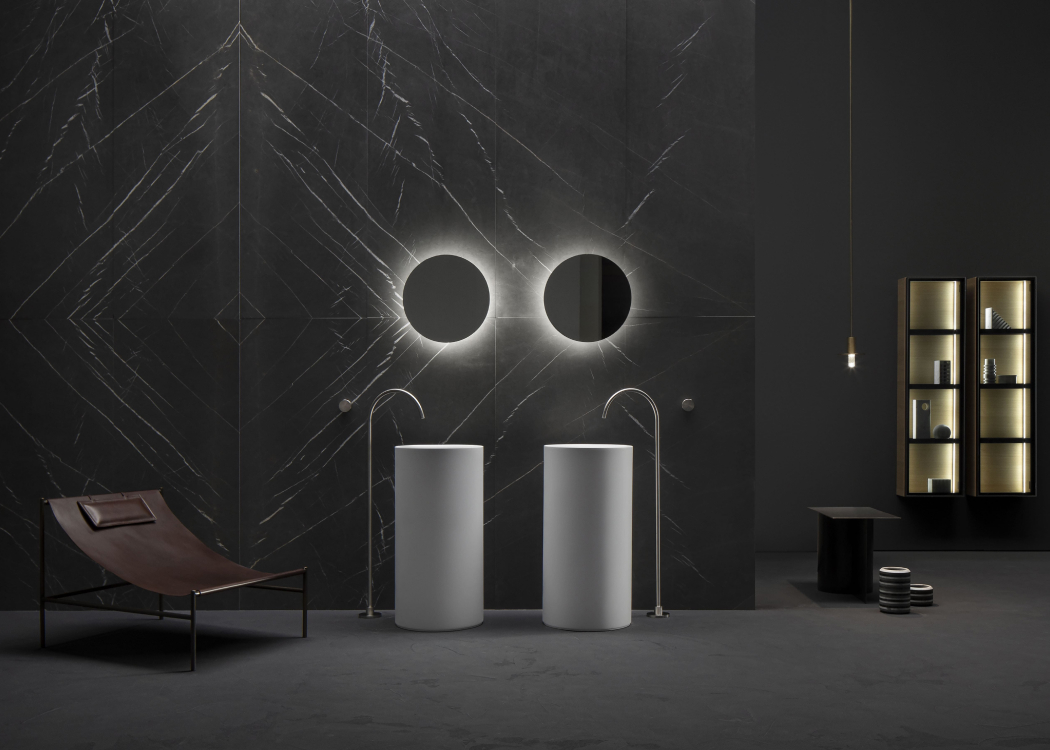Victor Vasilev was born in Bulgaria. He moved to Israel when he was 15. He studied architecture at the Polytechnic University of Milan and The Royal Danish Academy of Fine Arts in Copenhagen. After graduating he remained in Milan, where he opened his own firm in 2004. Projects with international companies led to several recognitions.
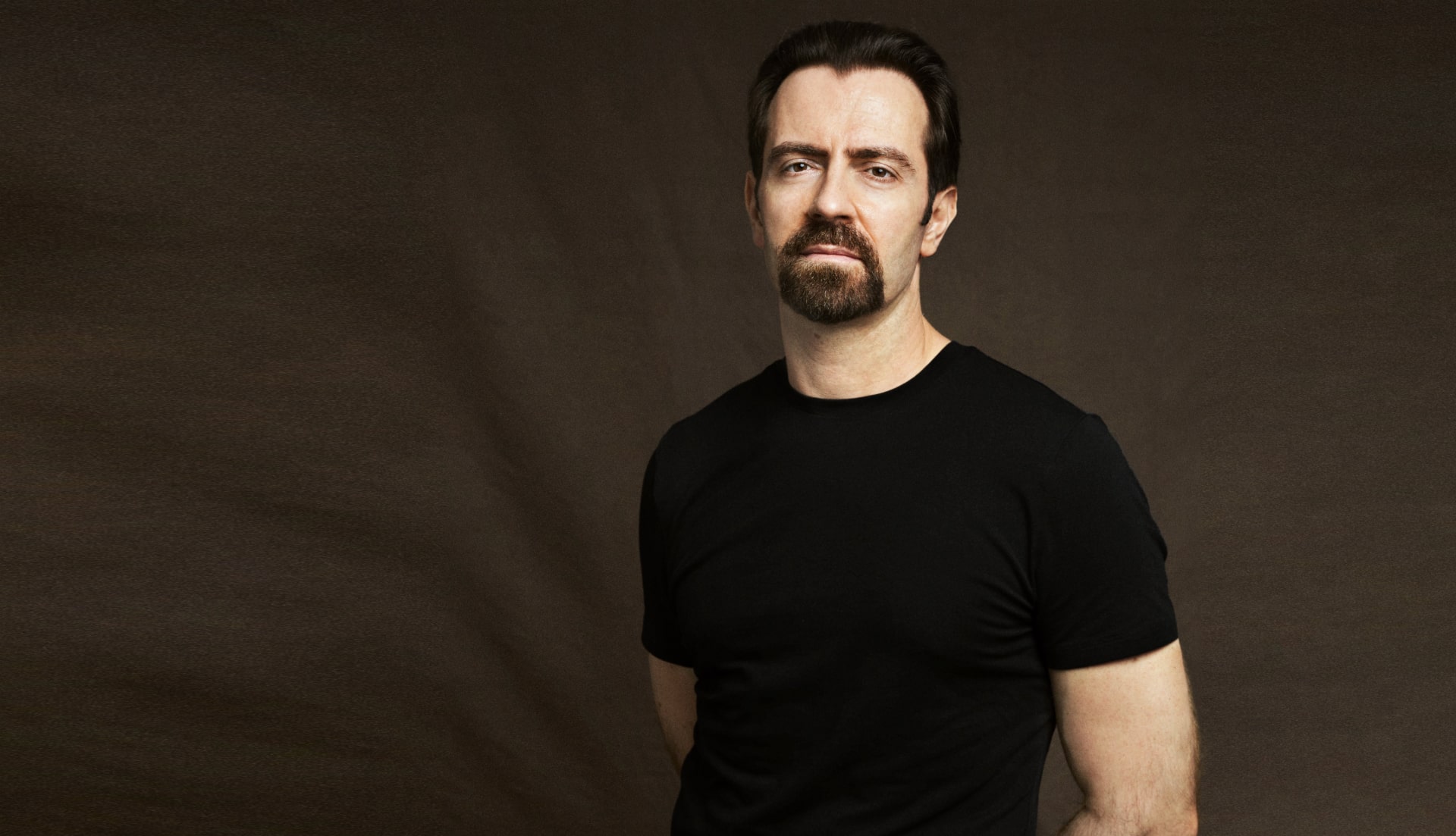
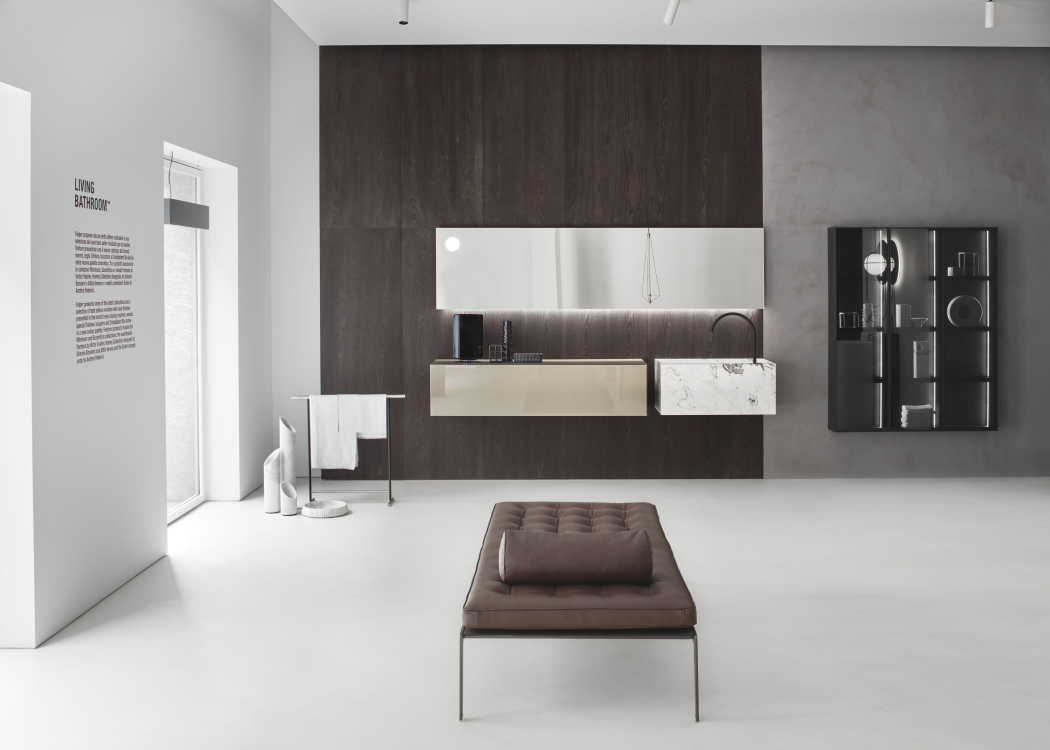
What is your approach when planning and designing a project?
The process is based on a few key points. First and foremost, constant research on the world of architecture and contemporary art. I love American abstract Expressionist artists of the 50s, like Jackson Pollock, Mark Rothko and Barnett Newman in particular. Geometry is another important reference point, the vital way, which always saves me from complications. Just like with poetry, everyone perceives it, without knowing what it is. And lastly, a yearning for soul searching, taking risks and experimenting. A desire to venture into the unknown, without always playing it safe.
How did you imaging the bathroom line you reinterpreted for Falper?
I first started working with Falper in 2018. I found Luca Fallavena to be an excellent interlocutor; in my rigorous style he identified a quality he wanted to bring to the company. I like the size of the bathroom because it transcends its functionality, more than the living room. There is an increasingly intense desire to take the offering to a new level. Many new materials and lots of technology were added. There is still so much room for invention in this field.
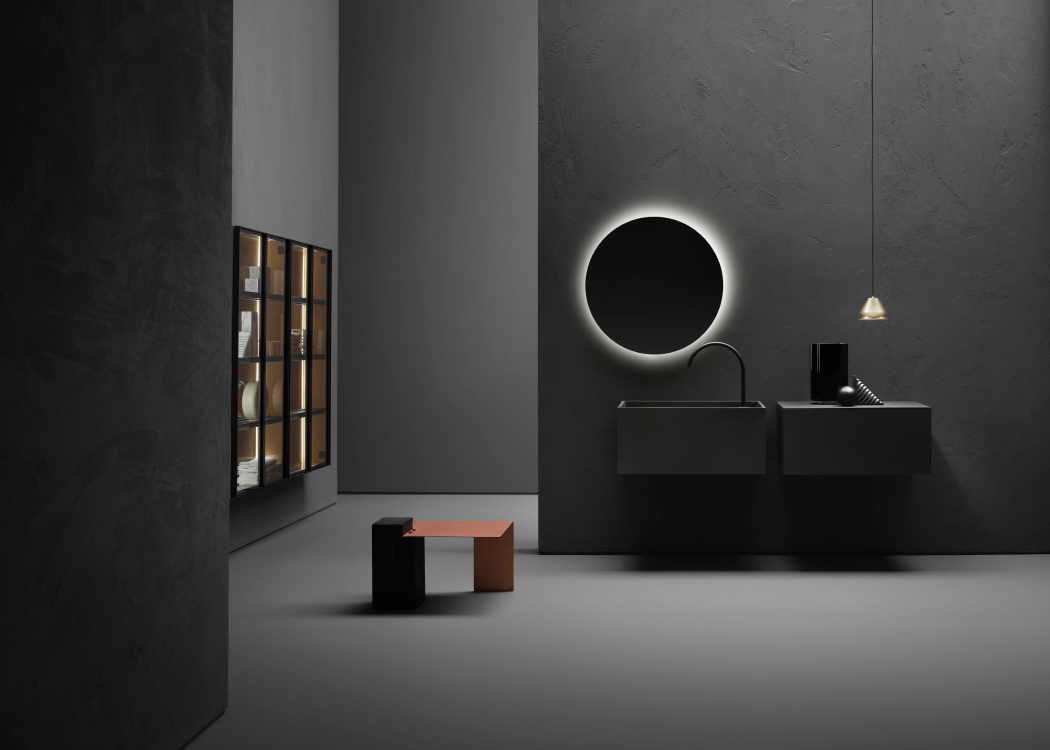
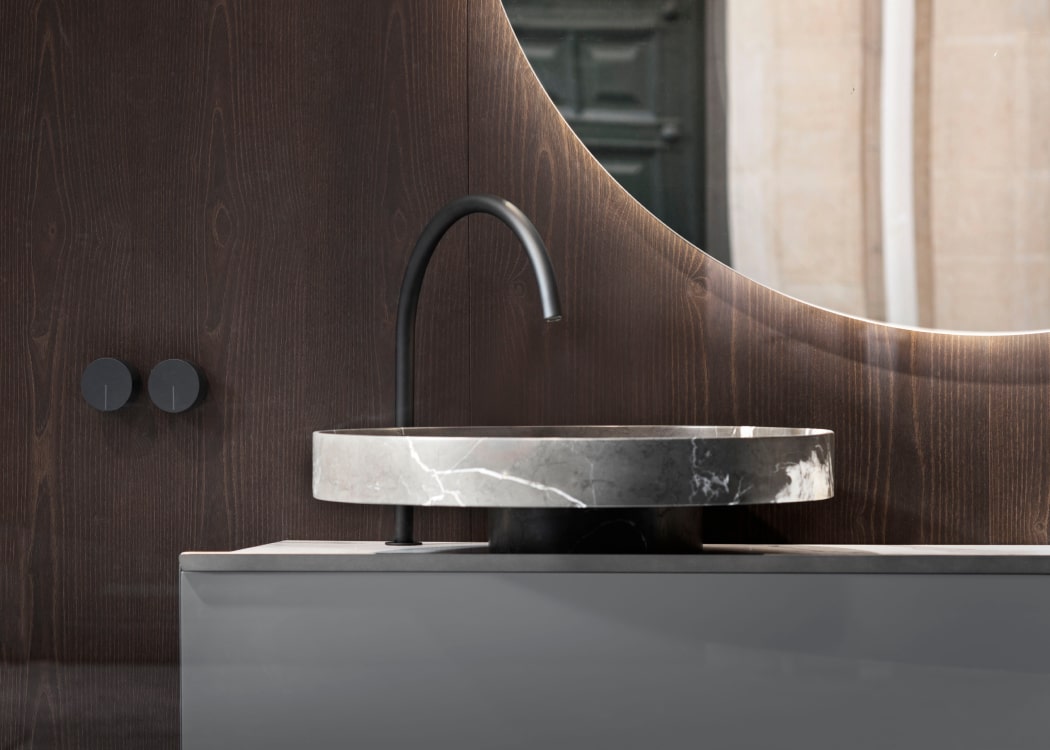
Did you focus on the essential?
Essentiality is a way of life. It’s my vision of the world, reflected in the projects. It’s about buying few yet maximum quality things, doing few things that are right for you. I chose Italy as my new home, where I have rediscovered the essence of beauty in its purest form: in the landscape, history and in relationships with people.
What is the role of sustainability in your work?
My responsibility as a project designer is to imagine a value of eternity as a constraint. An object must stand the test of time, this is what makes it sustainable. The durability of a chair, like the Superleggera by Giò Ponti, or the Barcellona armchair by Mies, is intrinsic to sustainability. We all want to create a better world.
Do you believe this process will succeed, despite rapidly evolving trends?
Sensitivity to quality isn’t transient. The consumer lies at the heart of this equation, and they need to understand the impact of their choices.
Do you like creating things that people keep for as long as possible?
I’m curious about how things will evolve in the next few years. I like challenges in designing projects big and small. I see so many beautiful things as I travel the world. I’m optimistic about the world too. I love this quote from Dostoevsky: “The darker the night, the brighter the stars”.
